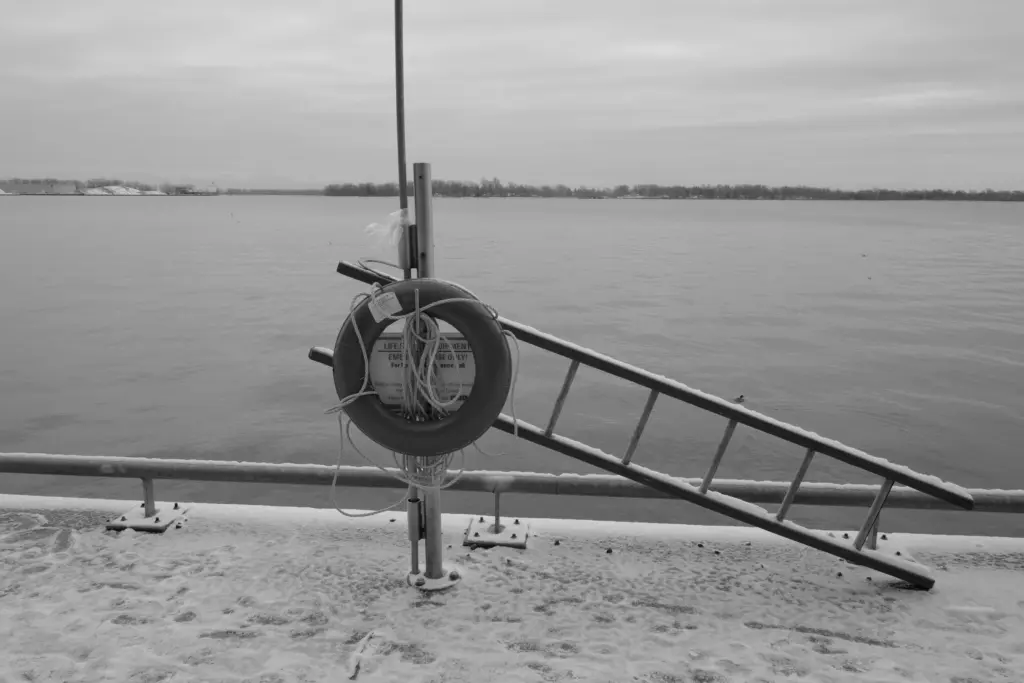NATO’s Gender Wording: Opportunity or Backstep?
NATO is reportedly considering changes to its terminology around the Women, Peace and Security (WPS) agenda. This development, emerging amid broader political shifts, raises a critical question: is this an opportunity or backstep for the alliance? The existing WPS framework, anchored in UN Security Council Resolution 1325, recognises the distinct impacts of conflict on women […]ISPS, STCW and the myth of law enforcement at sea

It is a grave misconception that the International Ship and Port Facility Security Code (ISPS) or the Convention on Standards of Training, Certification and Watchkeeping (STCW) represent a legal system for law enforcement at sea. The latter differs fundamentally from the regulatory and operational focus of the ISPS and STCW.
The ISPS Code was established by the International Maritime Organization (IMO) in response to threats of terrorism against the ship or the freedom of navigation. It sets requirements for ship and port security and aims to detect and deter security threats. It requires ships and port facilities to assess, mitigate and prevent risks effectively. Risks that derive from the outside, imposed by a third party, e.g. a pirate or terrorist. ISPS is not suitable for dealing with on-board dispute or enforcing laws in a way that is compatible with flag state justice.
Similarly, the STCW Convention govern the qualifications and training standards for seafarers. The STCW sets minimum standards for the training, certification, and watchkeeping of seafarers. It promotes safety at sea and prevent marine pollution. It ensures that seafarers are competent and adequately trained for their roles. The STCW does not cover judicial matters such as the enforcement of law and order, the settlement of disputes or the investigation of offences on board.
The judiciary interprets laws, adjudicates disputes and conflicts, and administers justice. It is an essential component of the rule of law, providing mechanisms for addressing grievances and ensuring legal accountability. This role is typically performed by national courts and legal systems. It operates independently of the regulatory frameworks of the ISPS and STCW.
Two Unpopular Facts
A certified ISPS protocol prepares no ship security officer to respond to crimes and offences on board. No certified ship security officer is capable of representing impartial justice on board.


